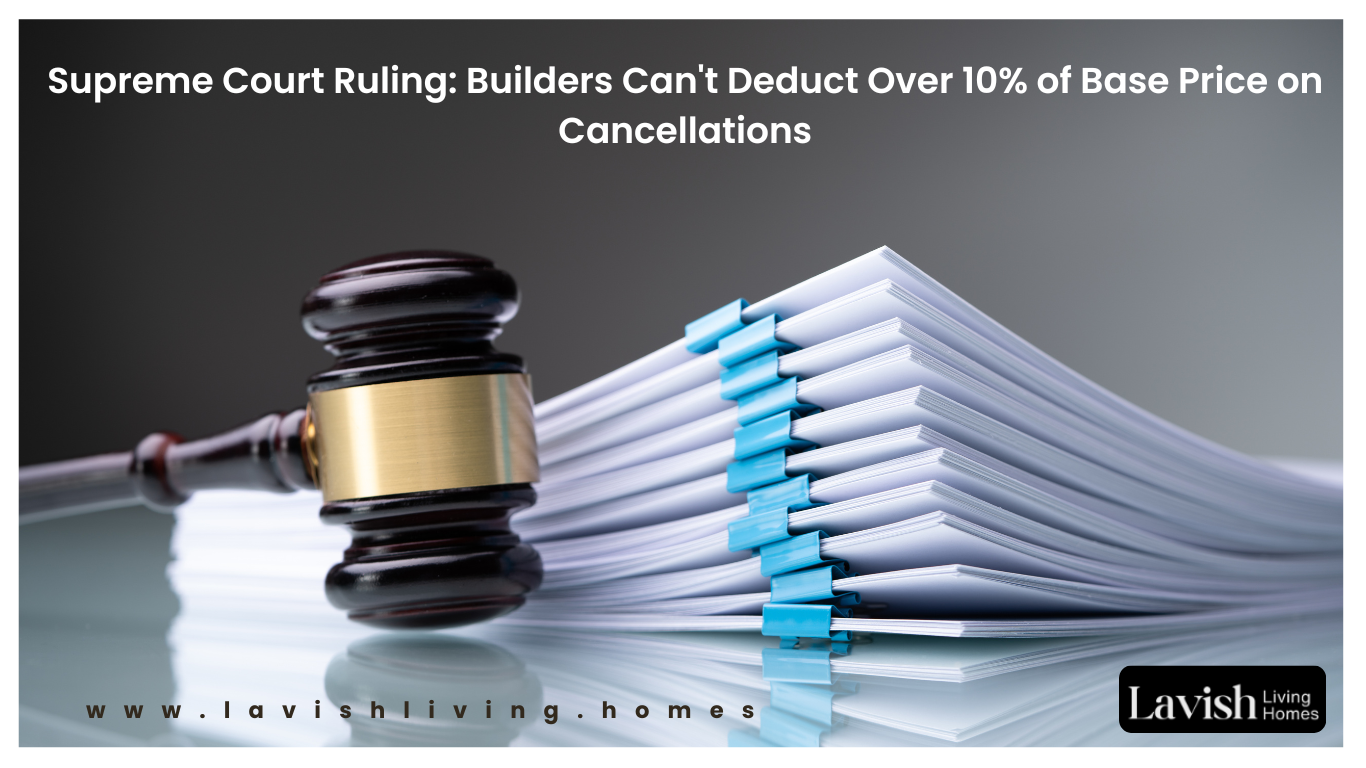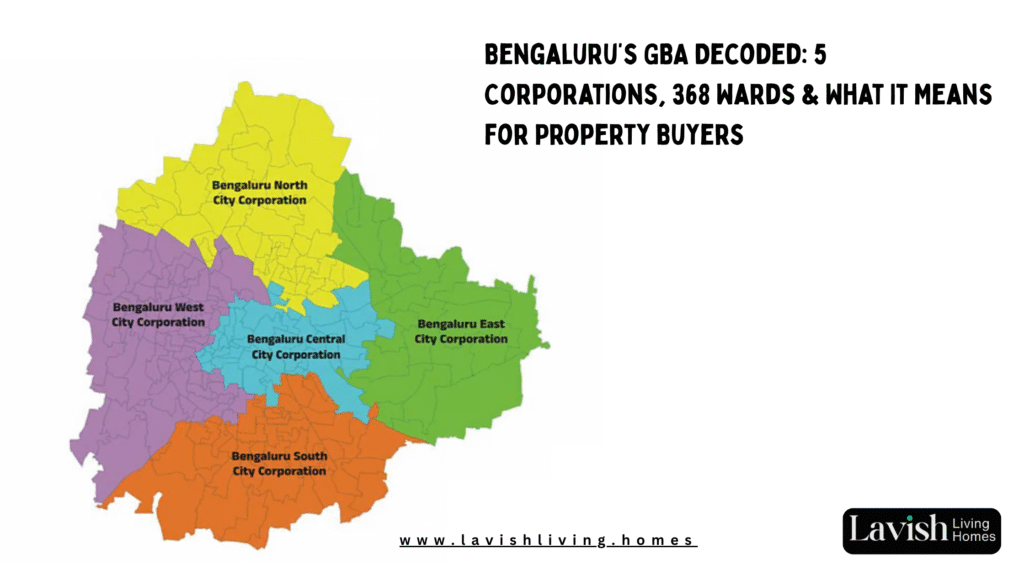In a landmark decision, the Supreme Court of India has clarified that real estate developers cannot deduct more than 10% of the Base Sale Price (BSP) when a homebuyer cancels their purchase agreement. This ruling came from a case involving Godrej Projects Development Ltd., which sought to retain 20% of the payment as cancellation fees. The bench, consisting of Justices B. R. Gavai and S. V. N. Bhatt, ruled that such one-sided contractual terms are unfair and unreasonable, deeming them as unfair trade practices. The court emphasized that agreements overly favoring developers cannot be enforced, thus ensuring greater protection for homebuyers.
This decision aligns with previous rulings by the National Consumer Disputes Redressal Commission (NCDRC), which upheld that a deduction of 10% is a reasonable forfeiture for earnest money. This precedent strengthens consumer rights within India’s real estate sector, where disputes over cancellation fees often lead to protracted legal battles.
Supreme Court’s Stand on Unfair Trade Practices
The Supreme Court’s ruling is a pivotal step in balancing the power dynamics between homebuyers and real estate developers. The court highlighted that excessively favorable agreements towards builders can be classified as unfair trade practices, prohibited under Indian law. This case centered around a buyer’s cancellation of a flat purchase in Godrej Summit, Gurgaon. When the buyer requested a refund, Godrej Projects Development Ltd. argued for enforcing a 20% forfeiture clause, which the court deemed unreasonable. The Justices noted that if a forfeiture appears more as a penalty than a reasonable charge, it would be scrutinized under the Indian Contract Act, 1872.
Implications for Future Real Estate Transactions
The implications of this ruling extend beyond this single case, potentially reshaping the structure of real estate contracts in India. Developers may need to revisit their standard agreements to ensure compliance with the Supreme Court’s guidelines, particularly concerning cancellation fees. This benchmark reinforces consumer rights and promotes fairer dealings in the property market. Buyers, in turn, can feel more confident entering agreements, knowing their rights are safeguarded against exorbitant cancellation fees. The ruling may also encourage greater transparency in the construction and home-selling processes, as developers seek to avoid future legal challenges. As the real estate sector navigates regulatory changes, this decision could foster a more equitable environment for all parties involved, ultimately boosting consumer confidence in the market.
Conclusion
The Supreme Court’s ruling is a crucial step in protecting homebuyers from unfair practices in the real estate sector. It reinforces the importance of reasonable contractual terms, ensuring developers can only deduct up to 10% of the base price for cancellations. One-sided agreements favoring developers are deemed unfair by the court. This ruling aligns with previous NCDRC decisions supporting consumer rights, impacting the structuring of future real estate contracts across India, encouraging transparency and fairness, and strengthening consumer confidence in real estate transactions.













